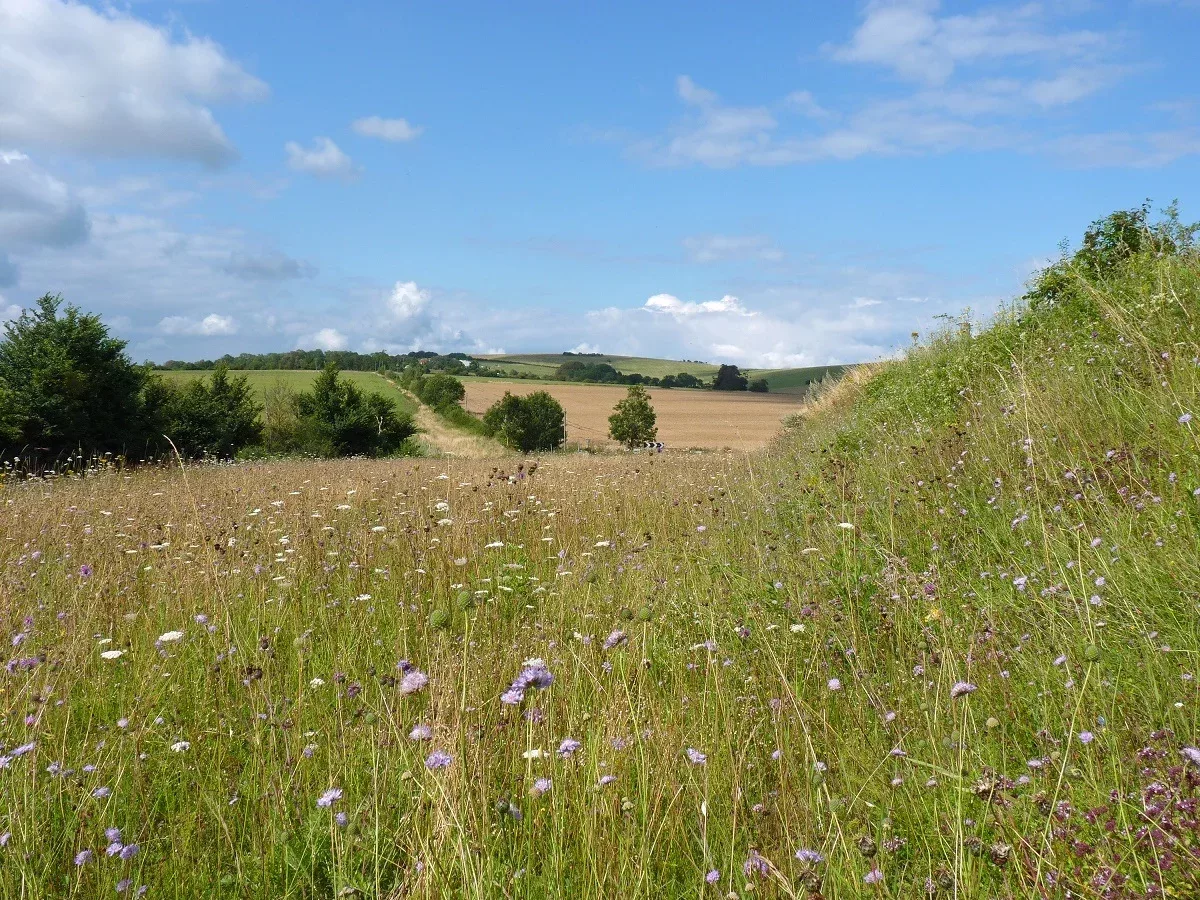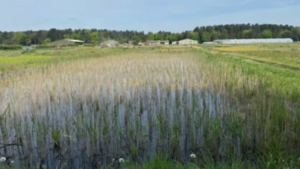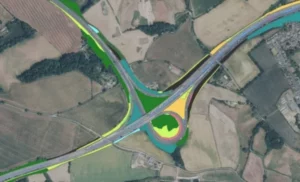The locations of five new roadside nature recovery study areas in Norfolj, set to be a blueprint for new reserves and nature and wildlife friendly verge management across the county, have been revealed.
Sites near Taverham, Wells-next-the-Sea, King’s Lynn, Heacham and Flitcham will be considered by councillors next week as part of plans to increase the number of roadside nature reserves to 300 (from the current 110) by 2024.
Members of the committee will also be considering a draft policy set to cut the use of weedkiller on highway areas, schools, care homes and county farms.
Cllr James Bensly, Chair of the Infrastructure and Development select committee, said: “This is set to be the start of an exciting programme of work, to create new roadside nature reserves, cut the use of herbicides and boost active travel.
“I’m very grateful to our dedicated highways and environment teams who have been working closely with a range of experts and organisations to develop these very detailed and carefully considered proposals.
“While safety will always be the top priority on our roads, pavements and cycleways it’s right that we take clear actions to support nature recovery as part of our work towards our ambitious 2030 net zero carbon target.”
Norfolk County Council’s forward-looking Greenways to Greenspaces scheme brings together projects to increase active travel, improve access to Norfolk’s natural environment, and boost biodiversity.
A draft glyphosate and weed management policy, developed over the past months by a dedicated working group is also on the agenda. The new policy includes pledges to minimise or eliminate the use of glyphosate products wherever possible, and to review and adopt viable new methods of weed management as they become available. The county council will offer guidance and support to County Farms tenants around herbicide use, using recent learning from the Wild Ken Hill farming operation.
Norfolk County Council has committed to achieve ‘net zero’ carbon emissions on its estates by 2030, but within its wider area, to work with partners towards ‘carbon neutrality’. This also supports the government’s ambition for a net zero country by 2050.
The council will achieve this by implementing carbon conscious ways of working across our buildings and supply chain; putting in place the right infrastructure across the county to support the move towards net-zero; and by working together with partners to lead and inspire our colleagues, citizens, communities, and businesses to take action and play their part in protecting Norfolk for future generations.





















